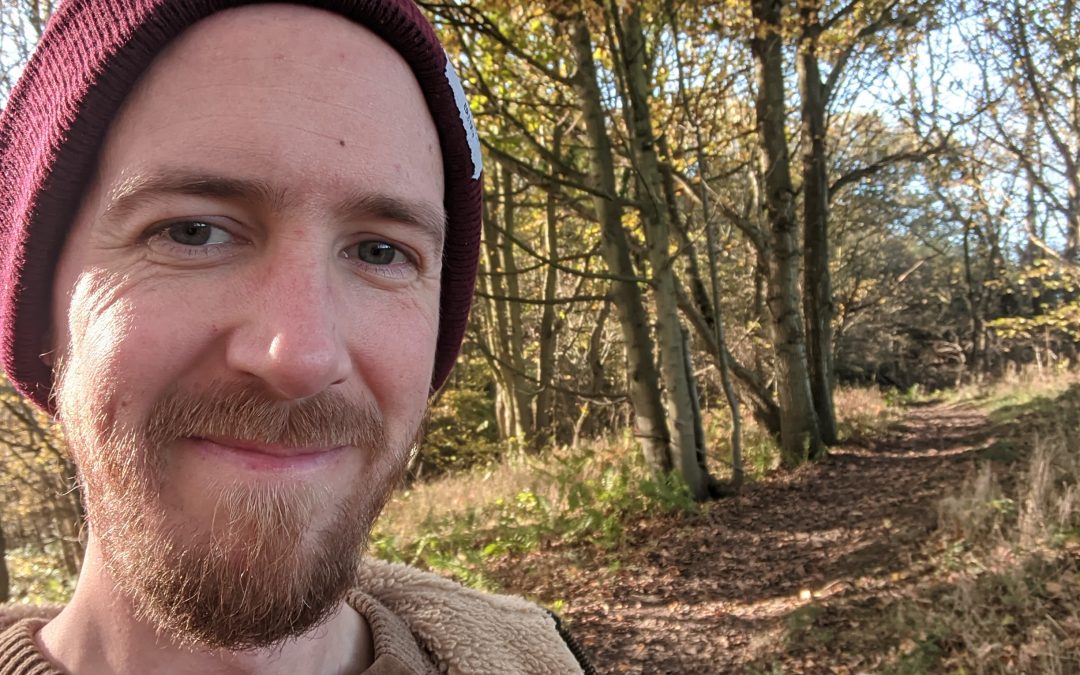In the 22 years that I’ve had ankylosing spondylitis, one of the biggest problems I struggle with is that there is no instruction manual on how to approach various aspects of life when you have chronic pain, such as work, relationships and socialising. The answers are complex, vary from person to person, and not something that you’re likely to get from your GP or rheumatologist. Many of these questions take time, self-reflection, help from friends, and talking them through with professionals such as psychologists and occupational therapists.
Often, listening to stories from people going through the same thing as you can help enormously, which is why places like ASone are so valuable. I’ve gained so much strength and motivation from hearing other people’s stories, and I’d like to repay that kindness with some of my own. This one is about work, specifically about how to talk to your existing or prospective employer about AS.
In the early years of living with AS, talking about my chronic pain was scary. Not only was it difficult just to say the words “I’m in a lot of pain” out loud, it was difficult to admit to myself that AS wasn’t something I could just ignore and hope would just go away. It was hard to accept that I had limitations and challenges that my friends and colleagues didn’t, and that I didn’t know how to handle them, so I didn’t talk about it much.
I had a life to live, a career planned out, and I just didn’t want AS to change any of that, so I convinced myself that there was nothing to say.
On top of this, talking to my manager and HR about my condition seemed even more scary. Chronic pain is mostly invisible, so what if they didn’t believe me? Would I be able to explain that, even though I don’t look unwell or have any outward signs that I was in pain, I had started to really struggle with concentrating because of the fatigue and brain fog? What if they just didn’t get it? Even worse, what if I was labelled as a complainer, a skiver, or dead weight?
Eventually I started having to cancel meetings with customers at the last minute due to flare-ups, which just multiplied the stress I was under and made my pain worse.
I had to start talking. And I’m so glad that I did.
Many things surprised me when I started opening up at work about what AS was, how it affected me and what I was feeling. It turned out that most people already knew that was struggling with something. I didn’t realise at the time, but when I talked to people I would often turn my whole upper body to look at people instead of turning my neck. This was a clue to people around me that something wasn’t right, especially my closest work friends, but they didn’t want to intrude by asking about it.
Once I became more comfortable with talking about it and explaining what AS was, I was blown away by the empathy and support I got from everyone I worked with, and how much my work life improved as a result.
With all the anxiety of wondering if they would believe me, I had forgotten that the managers at the company are human beings too, with their own life experiences of pain, illness and medical conditions, either directly or through friends and family members.
It even turned out that the CEO of the company also had AS and had just recently been suffering from recurring uveitis, which I hadn’t even realised!
I can only speak to my own experiences of course, and I’m aware that not every workplace is run by people who really care deeply about their employees. If you’re uncertain about how to approach talking to your current or prospective employer, how they may react, or worried that you will be treated negatively because of speaking out, look out for other work-related articles on ASone, including my next article about your rights and how to approach your employer.
Just remember that your disability is a strength, not a weakness. Few people have their characters tested like people who live with chronic pain. Living with AS teaches us to be more empathetic, more resilient, more self-aware, more humble, more forgiving and so many other things. Any good employer should see that as a great strength, and a valuable asset for any company.
James is a blogger, activist and app developer. You can find out more by visiting his website or by following him on Instagram



